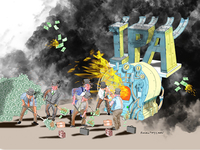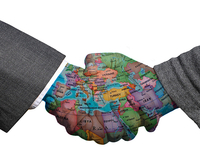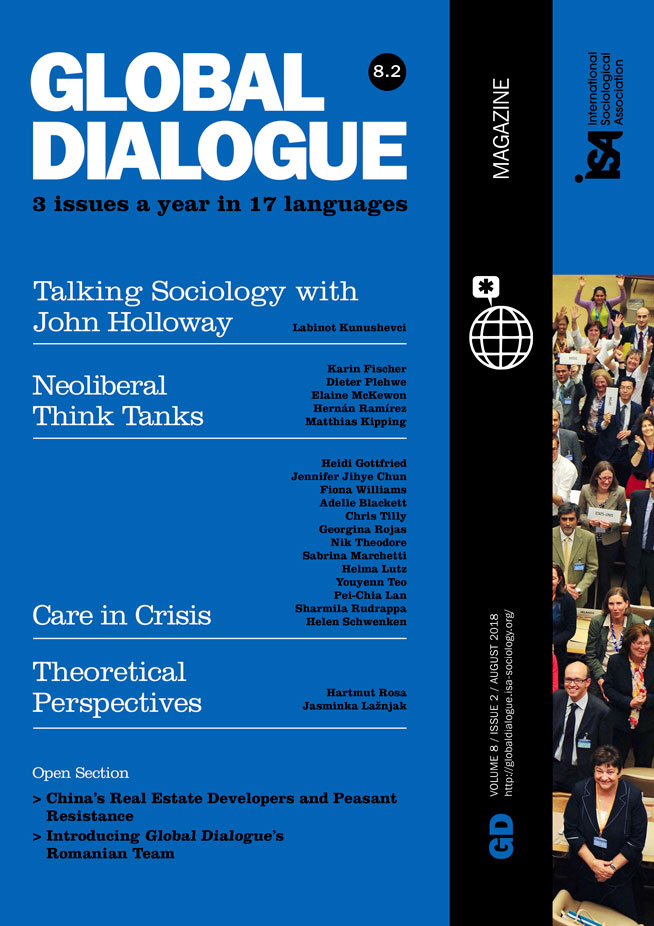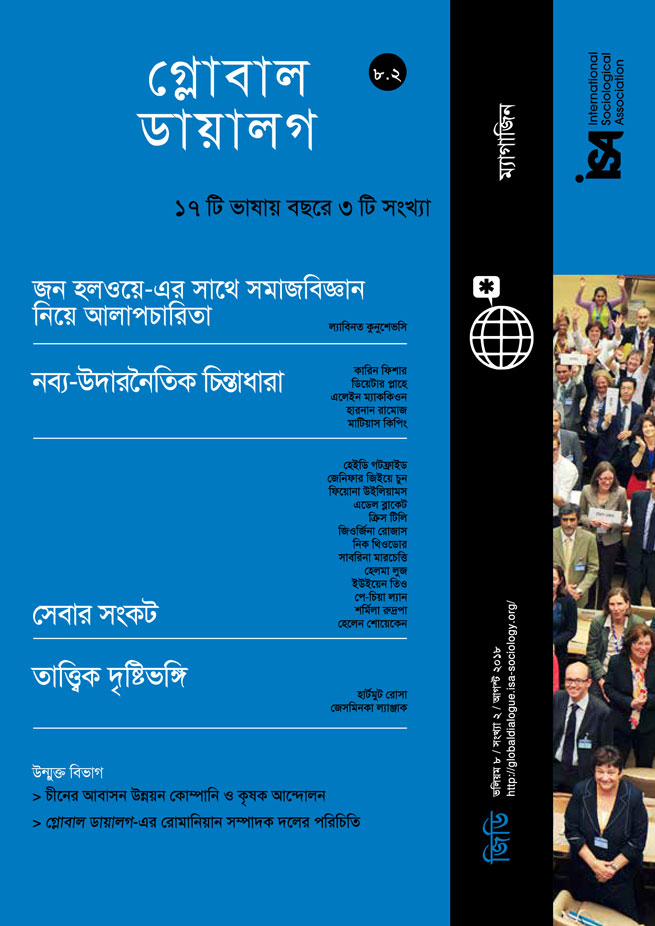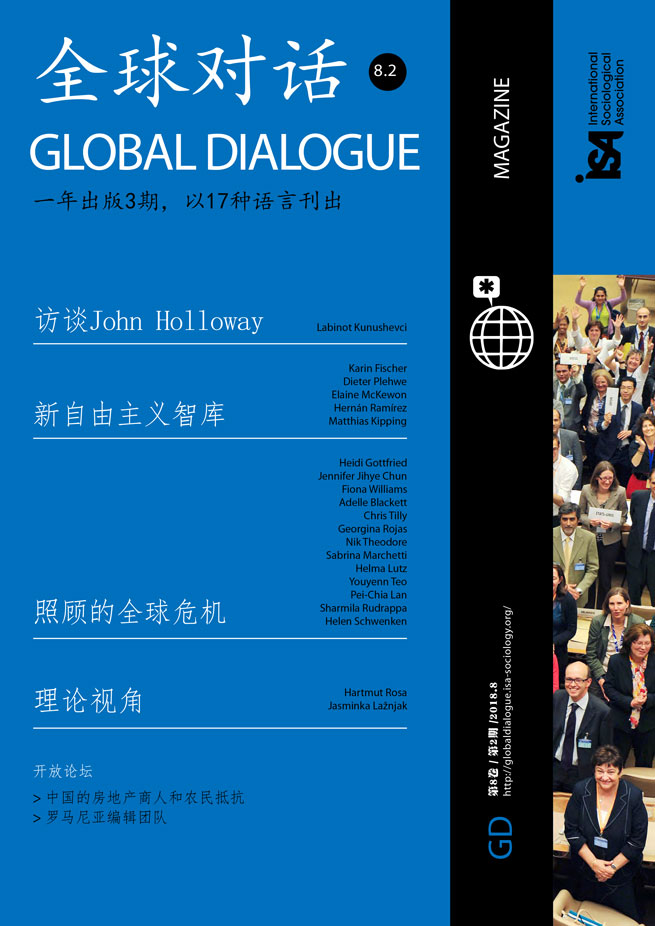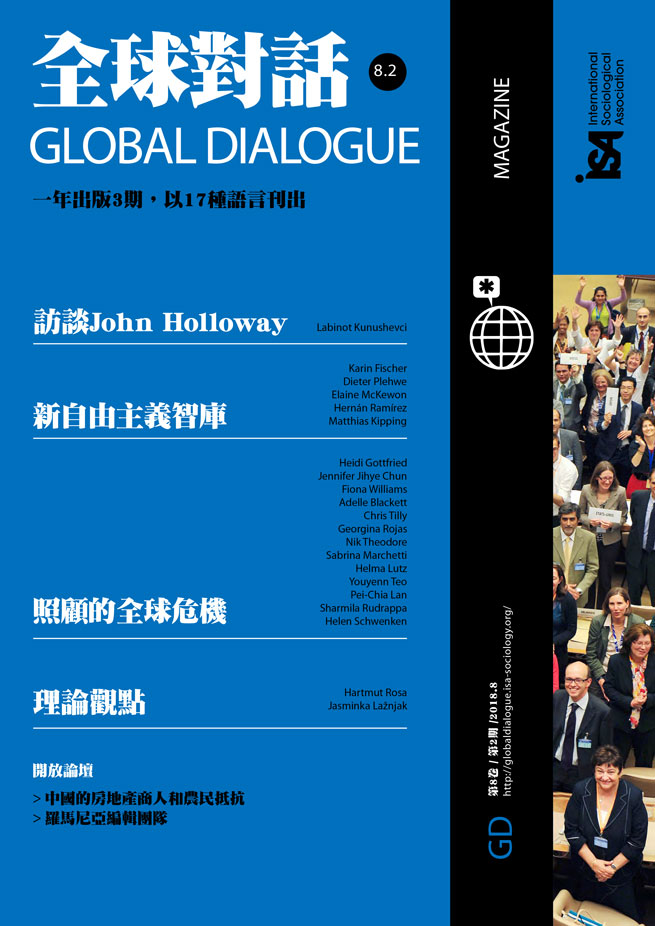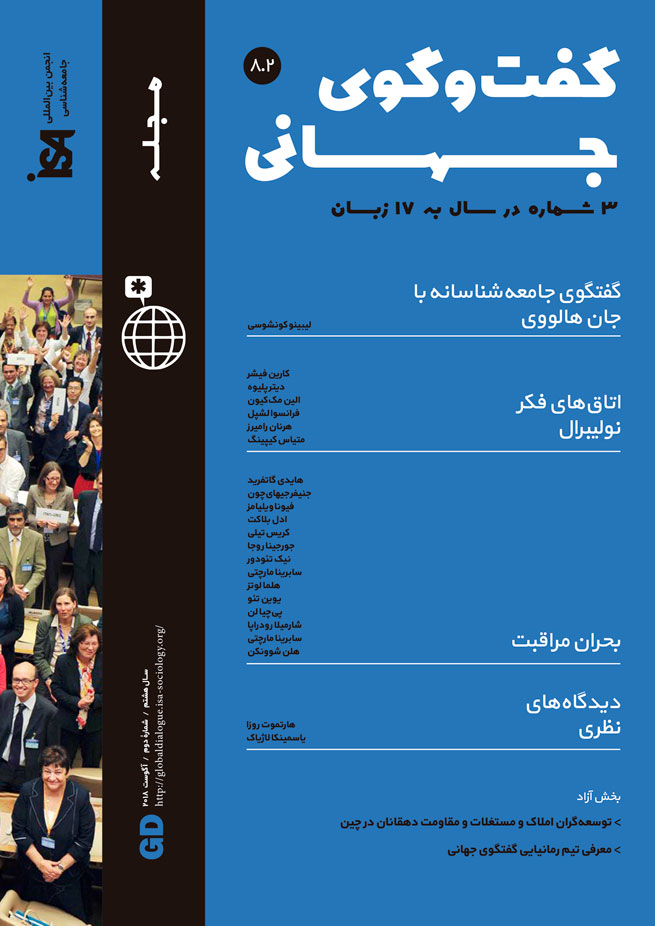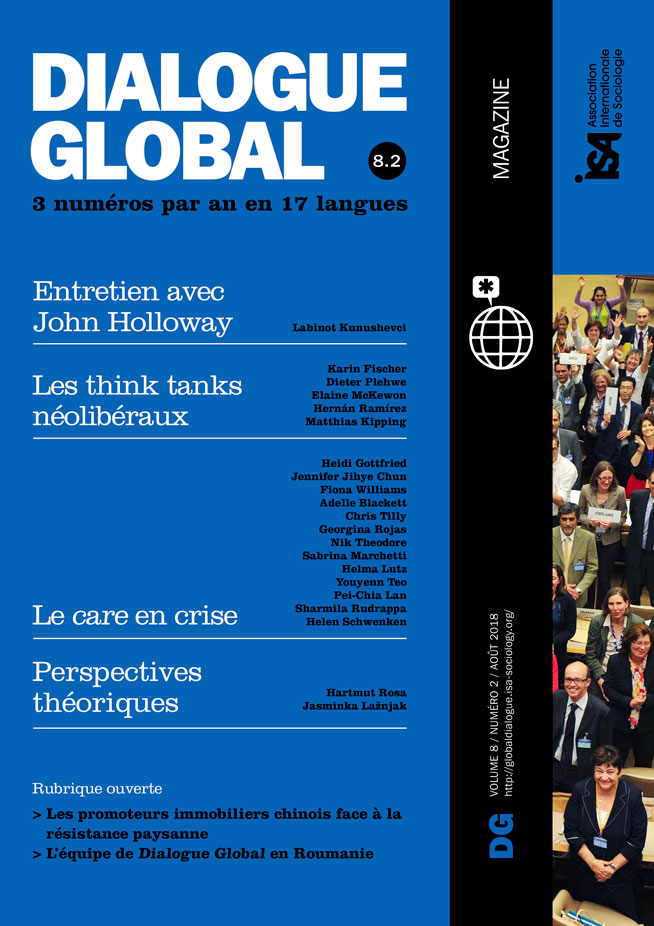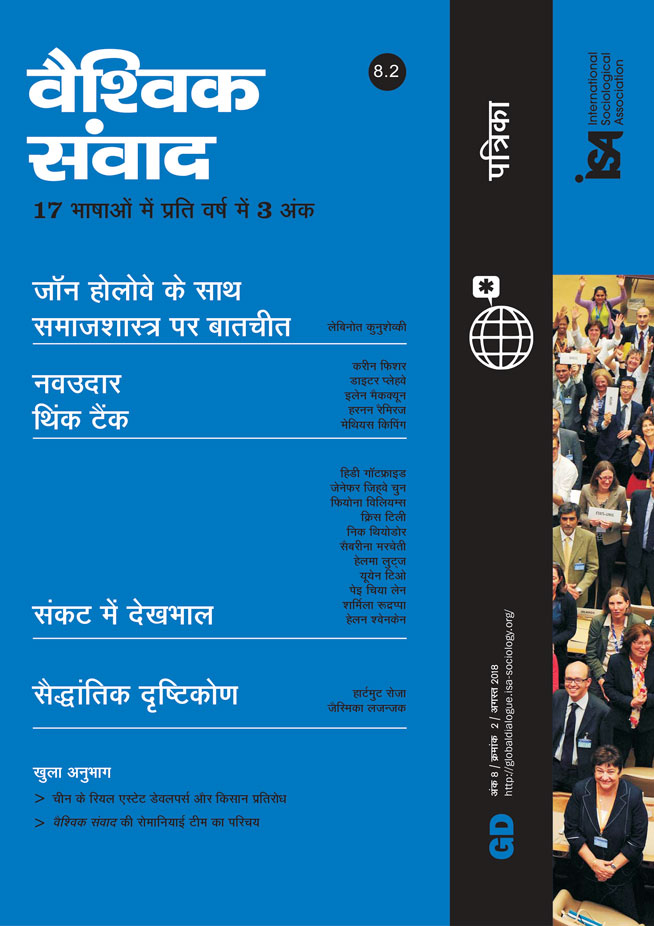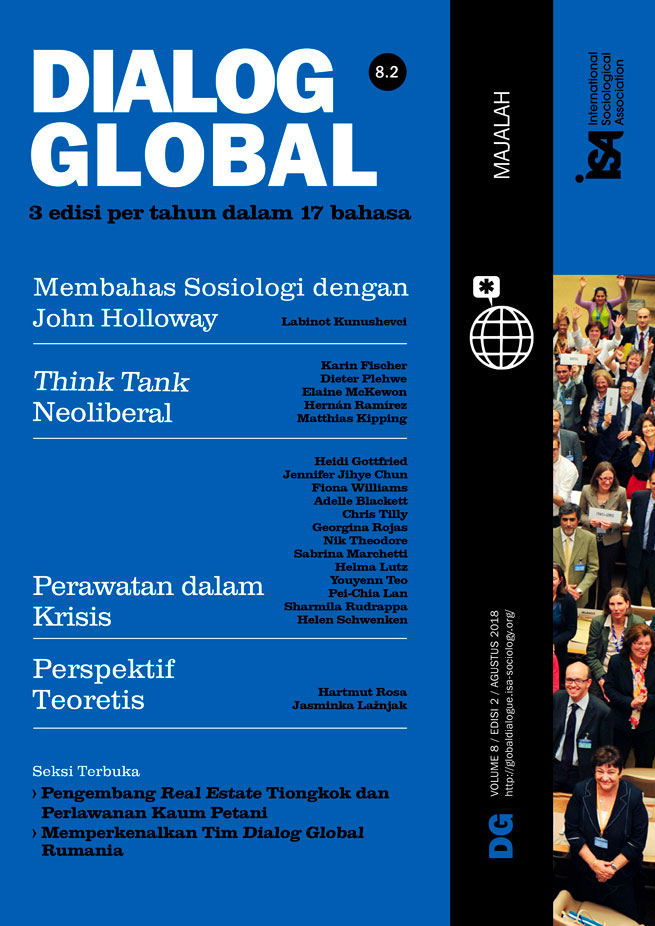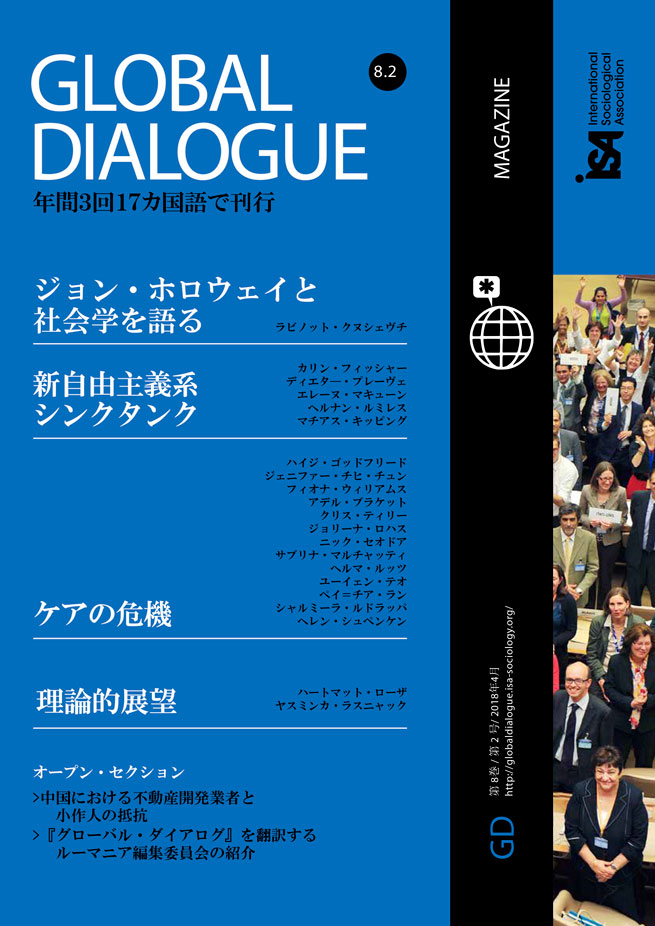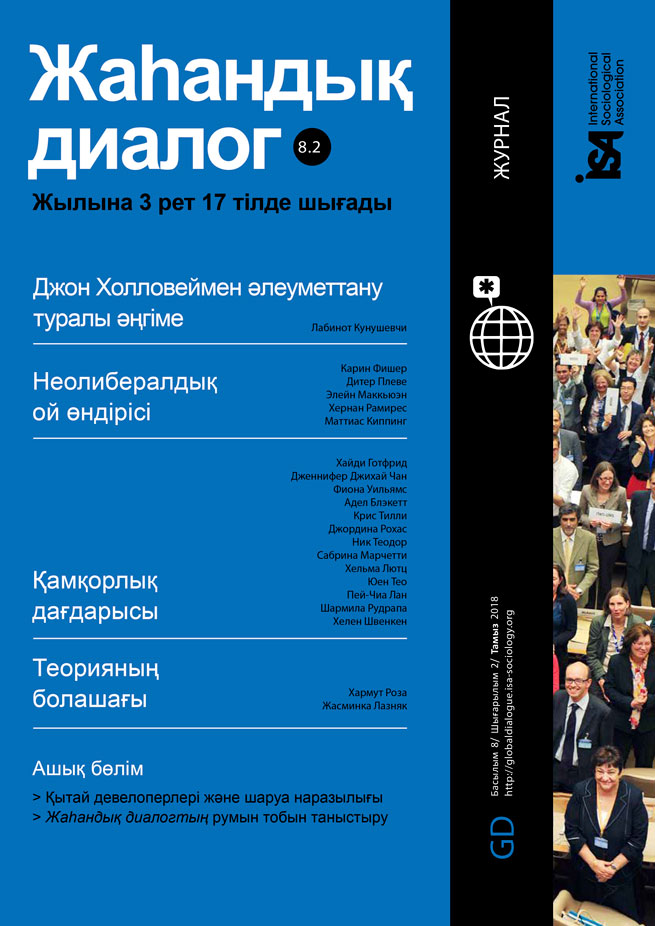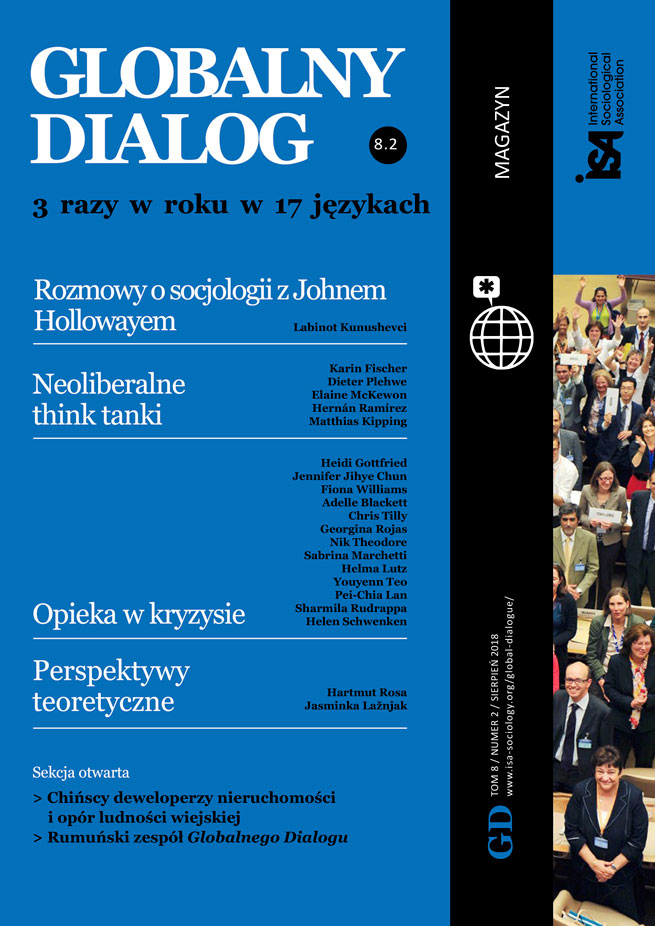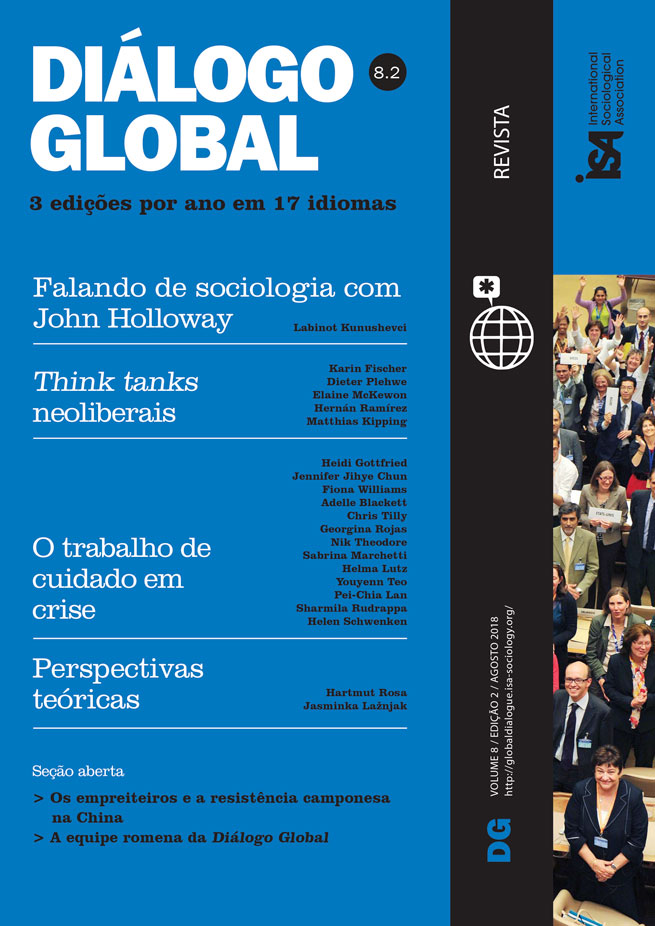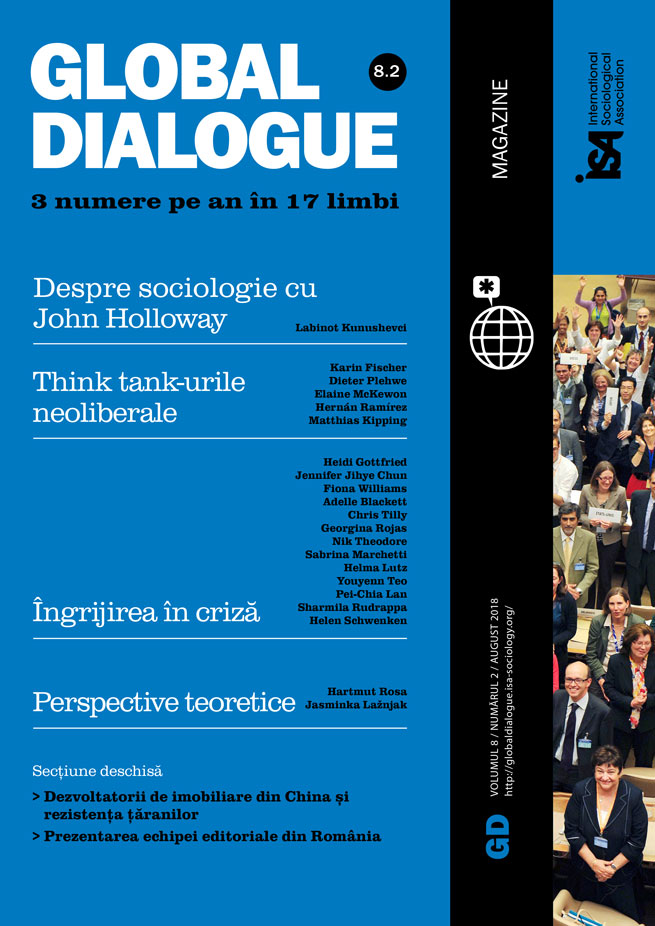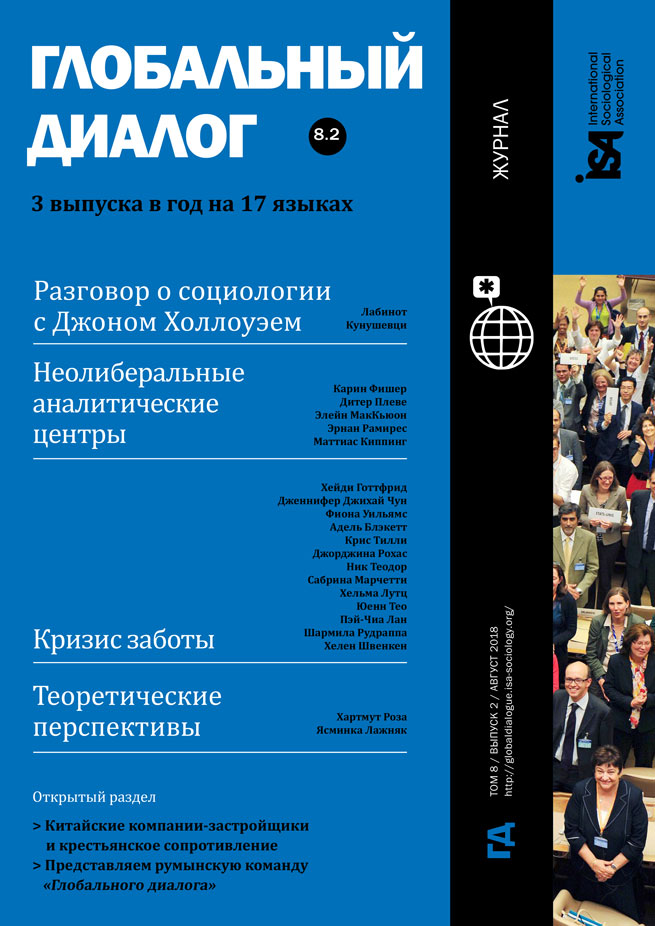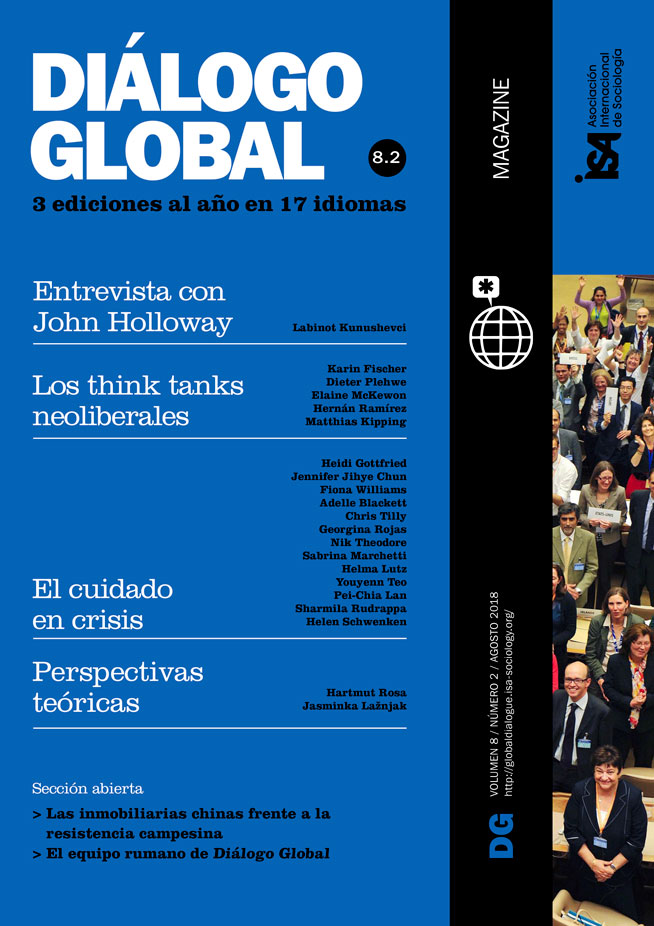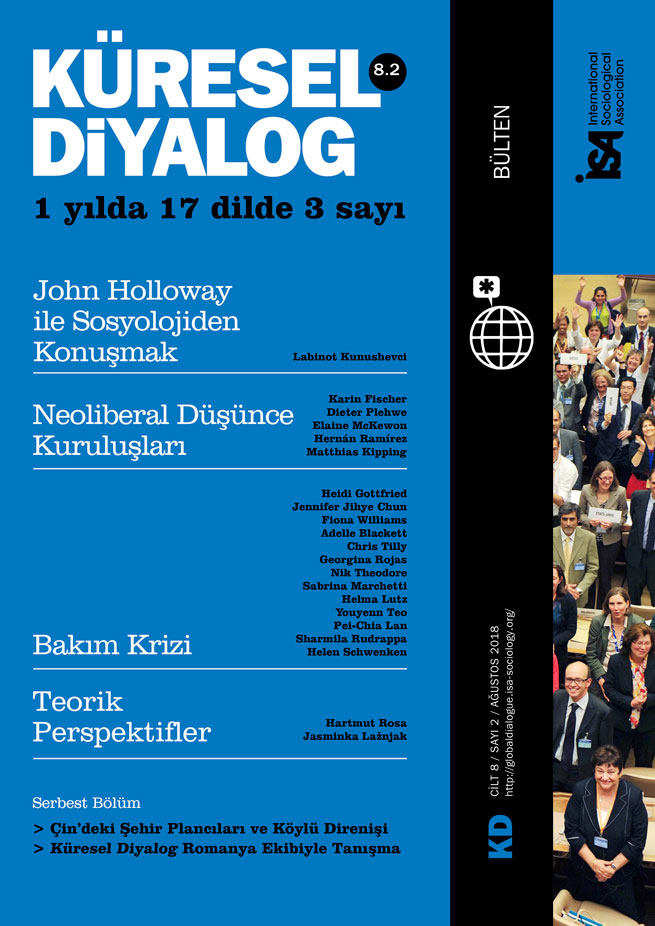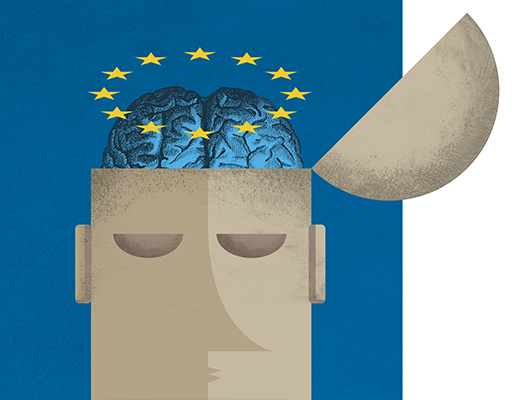It has become common wisdom to attest to growing complexity in policy making. This is particularly true for shared and interlocking jurisdictions like the European Union and other arenas of inter- and trans-national coordination and cooperation. Increasing complexity requires the opposite: simplification. How is relevant knowledge secured on the input side of the equation and how can the dissemination of relevant knowledge be channeled? Who defines what belongs to the agenda-setting container and what goes to the waste bin? At the same time, increasing reliance on expertise has fostered the politicization of expertise. If contested issues are dealt with at the level of expertise, contestation will inevitably involve competing expertise, which complicates efforts in simplification and requires the sorting of relevant difference.
This much is clear: Contrary to widespread promotional images, think tanks do not just, or even primarily, exist to provide evidence. Competing think tanks provide policy-related evidence for different and frequently opposing causes, projects, and world views.
EU-level relevance making
Europe is known for the co-evolution of supranational negotiating, decision making and lobbying. But the EU is also a huge area of expertise peddling, both academic and policy-related. Due to majority voting in the European Council and the upgrading of the influence of the European Parliament’s involvement in the co-decision procedure, both Council and European Parliament have become major sites of influence – and expertise – peddling, in addition to the European Commission. Due to the weak institutional infrastructure in general and the lack of in-house expertise in particular, the European policy arena is wide open for external sources of knowledge. Hundreds of EU-level expert groups exist on a permanent and temporary basis, for example.
Unsurprisingly, both European interest groups and think tanks have rapidly grown in numbers. Unlike the commercial lobby firms, many think tanks have the advantage of a non-profit character and corresponding claims to knowledge legitimacy. While interest group knowledge can be considered biased by definition, think tank knowledge can be presented as unbiased even if a study is paid for by a client with a clear interest perspective. The positive image of think tanks and the negative image of lobby groups each have contributed strongly to the proliferation of think tanks despite the intimate relationship between expanded lobbying and think tank work.
If most domestic think tanks in EU member states have to deal with European policy matters as a result of European integration, the number of think tanks that are explicitly dedicated to EU matters is growing fast. One example of such an organization is the British think tank Open Europe. From its offices in London, Brussels, and Berlin, it promotes the EU as a solely economic union. Open Europe is supported by a number of British businesses and Tory politicians. Like many pro-market think tanks, it was part of the Stockholm Network, which was the British hub of the largest neoliberal European think tank network from the mid-1990s until 2009, counting more than one hundred members. It has since been succeeded by the New Direction Foundation and the related think tank network of the Alliance of European Conservatives and Reformists. Both the party family and the foundation will suffer from Brexit, but Open Europe and the New Direction Foundation are likely to continue working together to transform the EU along neoliberal and conservative lines. Since British interest groups will lose access to European decision-making circles after Brexit, they are likely to increase the use of alternative channels among which think tanks figure prominently.
Also growing out of the defunct Stockholm Network are international collaborations dedicated to specific tasks, for e.g., the Epicenter network in charge of the “nanny state index” promoted by the Swedish think tank Timbro to oppose government regulation and promote “consumer freedom.” Timbro is a powerful organization funded by the Swedish business associations since the late 1970s, and well-known for aggressive neoliberal advocacy in Sweden and across Europe. Timbro put a lot of weight behind austerity, “flexicurity,” and the neoliberal transformation of the welfare state in general.
Shaping and selecting European integration knowledge
Among the larger European think tanks that promote European integration is the German Centre for Applied Policy Research. It benefits from the financial and organizational resources of Germany’s largest private corporate foundation, the Bertelsmann Foundation, but also uses resources from Munich’s Ludwig Maximilian University. Another example is Notre Europe in France. It was set up by former EU Commission President Jacques Delors. Located in Paris and Berlin, it is a good example of a think tank performing a “revolving door” function: founded by former Brussels insiders, it provides career opportunities for young professionals.
It appears adequate to end with a word on Bruegel, the most prominent think tank in the international economics and European economic policy field. It was conceived in 2005 by German and French interests. It operates with a staff of 30 and has funding from different member states and corporations, which allows it to keep a distance from the European Commission. Widely praised for both its academic and policy-related profile and quality, Bruegel hit rocky waters when it promoted Eurobonds to deal with the financial crisis. German funding comes from the Ministries of Finance and Economics, and the Minister of Economics was furious when the proposal authored by French and German economists with ties to social democracy seemed to generate political momentum. Bruegel’s authority threatened to undermine Germany’s stubborn opposition to sovereign debt pooling until Angela Merkel ended the debate in 2012 (“only over my dead body”). In an effort to reconcile funders and think tank, the German position in Bruegel’s advisory body was given to Merkel’s closest economic advisor, Lars-Hendrik Röller.
Arguably more important than domestic European linkages of knowledge and power are the transatlantic dimensions of Bruegel’s work. It has been set up to operate as strategic partner and corresponding institute to the Peterson Institute for International Economics in Washington, DC. When Eurobonds were discussed in US media, for example, Bruegel’s blue bond proposal was the key reference. In the face of complexity, life is made easier for intellectuals, journalists, and decision makers by establishing a knowledge hierarchy, no matter how political a simplification it is.
Dieter Plehwe, Berlin Social Science Center (WZB), Germany <dieter.plehwe@wzb.eu>


